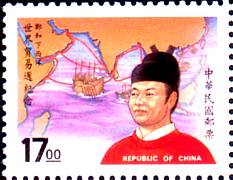The Pilots by James Spencer

\ An excellent book of vignettes about World War II's Pacific Theater Published in 2003 by Putnam Adult The Pilots consists of a series of short stories, mostly about American pilots of B-24s in the Pacific Theater in World War II. The stories are all related to one another but any one of them is also a stand-alone story on its own (in fact, the author notes in the back note that 5 of the stories were previously published independent of one another in magazines). The dust jacket liner notes call it a novel-in-stories. Spencer's book consists of 15 vignettes about the lives of two pilots. The first one is about their childhood. It is by far the weakest of the stories. It has the least to do with the war, but it is a decent little story about the Great Depression. The rest of them give us a little taste of the action in the air over the Pacific but also a sense of life back on base and on the atmosphere of the pilots on leave in Australia. The book is a breeze to...




